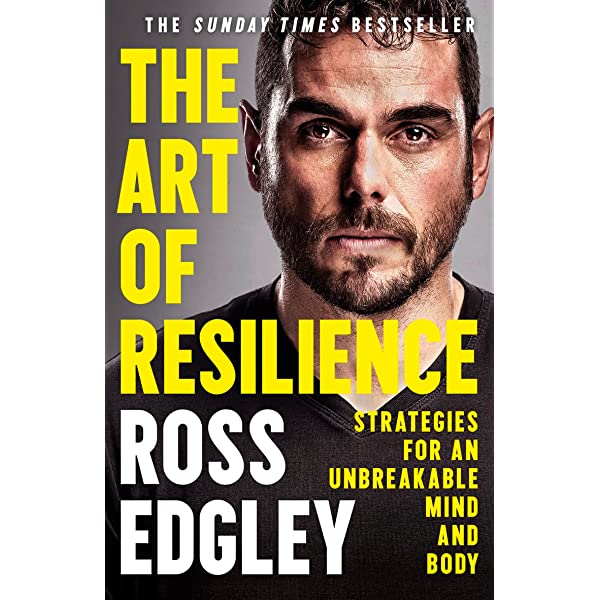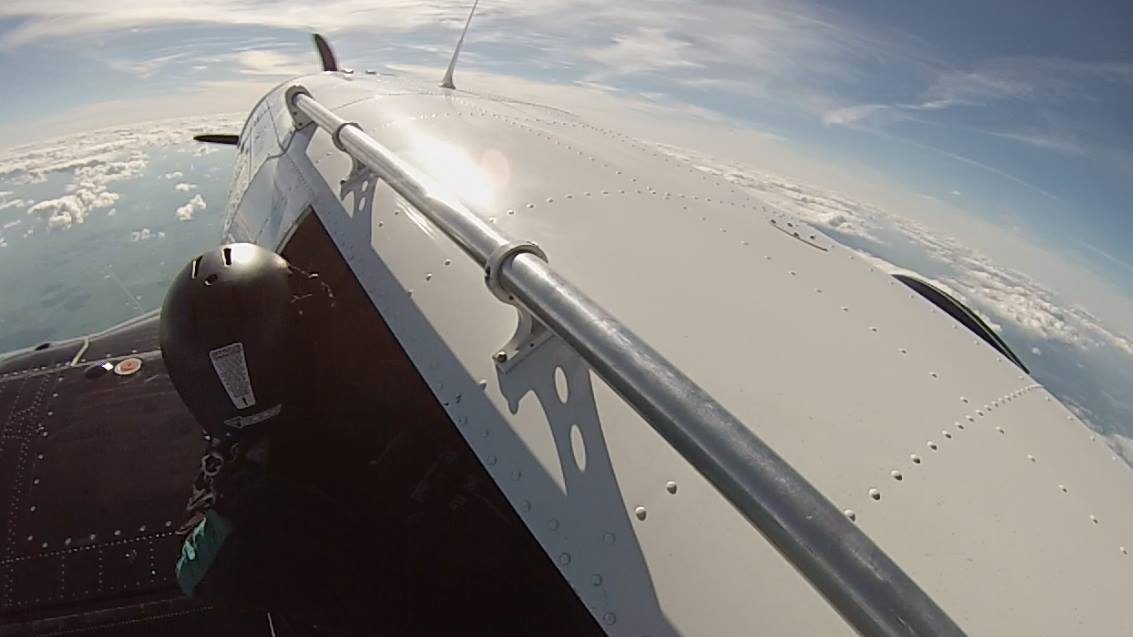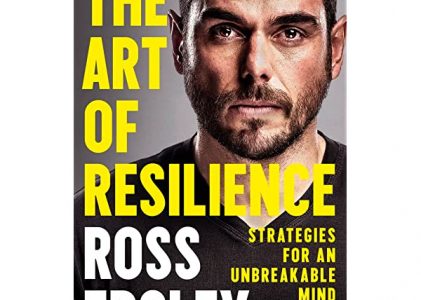
Fatigue is merely an emotional expression of the subjective symptoms that develop as these subconscious controls wage a fierce battle with the conscious mind to ensure that the conscious ultimately submits to the superior will of the subconscious. ― Ross Edgley
In 2018, Ross Edgley became the first person in history to swim around Great Britain over a period of 157 days. This feat set the world record for the longest staged sea swim – 1780 miles. The Art of Resilience: Strategies for an Unbreakable Mind and Body, shares this journey along with a myriad of lessons about resilience. There is a temptation to view this as a book written by an extreme endurance athlete for other athletes. That would be a mistake. Edgely is describing his journey, but it is a journey that can inspire athletes and entrepreneurs and business leaders.
Portions of the book focus on the physical act of training and exercising. Readers will learn about fatigue, homeostasis, and the mind body connection. While Edgely is writing within the context of endurance athletics, it becomes clear that he wants readers to see the application to life. This comes into focus when he presents a Venn diagram that shows the crossover of the strong body, stoic mind, and strategic plan: unbreakable resilience.
Now, to be honest, the rest of the book is a description of his journey and the lessons learned. Most of these lessons deal with resilience and the physical challenges. The reader looking for business lessons or entrepreneurial inspiration should take a step back and try to see the lessons within Edgley’s journey. For example, in one of his chapters, Edgely writes about the importance of identifying the controllables in any circumstance. We may not control every situation, but we can always find the variables within our control.
Enjoy the stories. Be in awe of the challenges. Find the lessons for your journey.
The chief task in life is simply this: to identify and separate matters so that I can say clearly to myself which are externals not under my control, and which have to do with the choices I actually control. Where then, do I look for good and evil? Not to uncontrollable externals, but within myself to the choices that are my own. ― Ross Edgley

